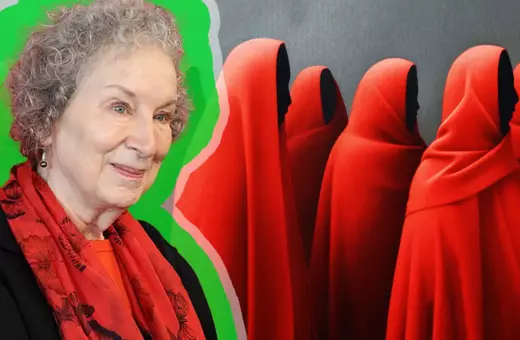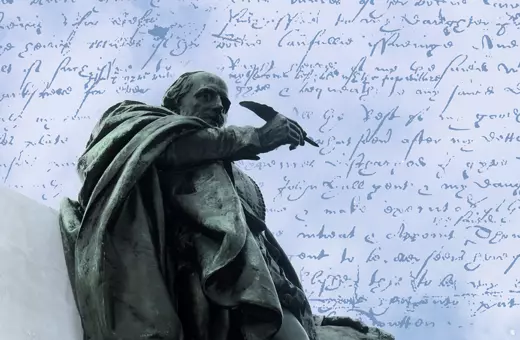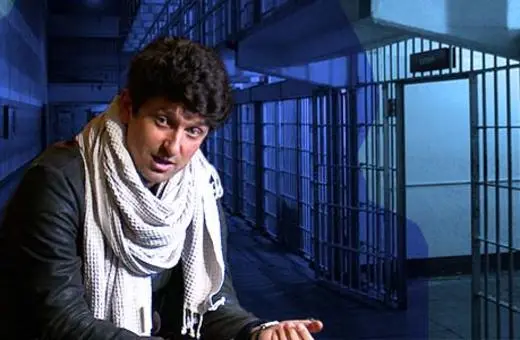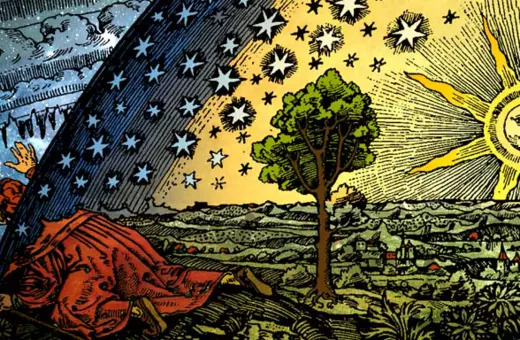Modernism killed the omniscient narrator, and postmodernism deconstructed the very idea of narrative. Unreliable narrators have become the norm in literature and film, from Nabokov's Lolita to David Fincher's Fight Club. But this is changing. Metamodernism is reclaiming the reliable narrator in innovative and unexpected ways.
Roland Barthes begins his seminal essay, ‘The Death of the Author’ (1967), with the assertion that writing is that “neutral, composite, oblique space where our subject slips away, the negative where all identity is lost, starting with the very identity of the body writing.” As contemporary consumers of postmodern and post-postmodern narratives, this might seem obvious to us. We are no longer used to assuming that a text — be it a film, a novel, a song or a TikTok — bears any real connection to its author. Even the most mundane of these examples, the dreaded six second TikTok, we know is, on some level, performative. We know there is no true guarantee of authenticity in the content we consume online, even if the creator goes to great lengths to create that illusion. Just as Barthes would have it, as soon the narrative act begins, all connection to the voice in reality, its identity and intentionality, dies. This is what he means by the death of the author. All that remains behind is a narrator or narrative voice, a vague guide that we can never fully trust. For most, there is no narrator that is completely reliable. From Vladimir Nabokov’s Lolita (1955) to David Fincher’s Fight Club (1999) and Kazuo Ishiguro’s Never Let Me Go (2005), we have come to recognise and crave stories that expose subjective unreliability. But when did these stories become the norm? We now seem intent on questioning every narrator we come across, paradoxically doing away with the need to distinguish between those that are reliable and those that are not. In doing so, we have killed the narrator. It is time to reclaim them.
___
Were it not for the omniscient narrator, there would be no unity.
___
If we think back to our own recent past — perhaps to a childhood where parents, siblings or teachers would read to us in the quite moments of busy, boisterous days — we realise that we have not always been so mistrusting of narrators. That cliché beginning to every fairy tale, “Once upon a time…,” carries in its omniscience authority, certainty, as well as distance. In these stories of old, characters and narrators are never, ontologically speaking, part of the same world. As Nicole Timmer writes, “A narrator is in a position to know what is going on inside somebody’s head in a way that is not possible to achieve for characters, who remain trapped in their own mind. This inequality can, from a logical perspective, not be dissolved.” But it is this very inequality that literature has since tried to undo.





















Join the conversation